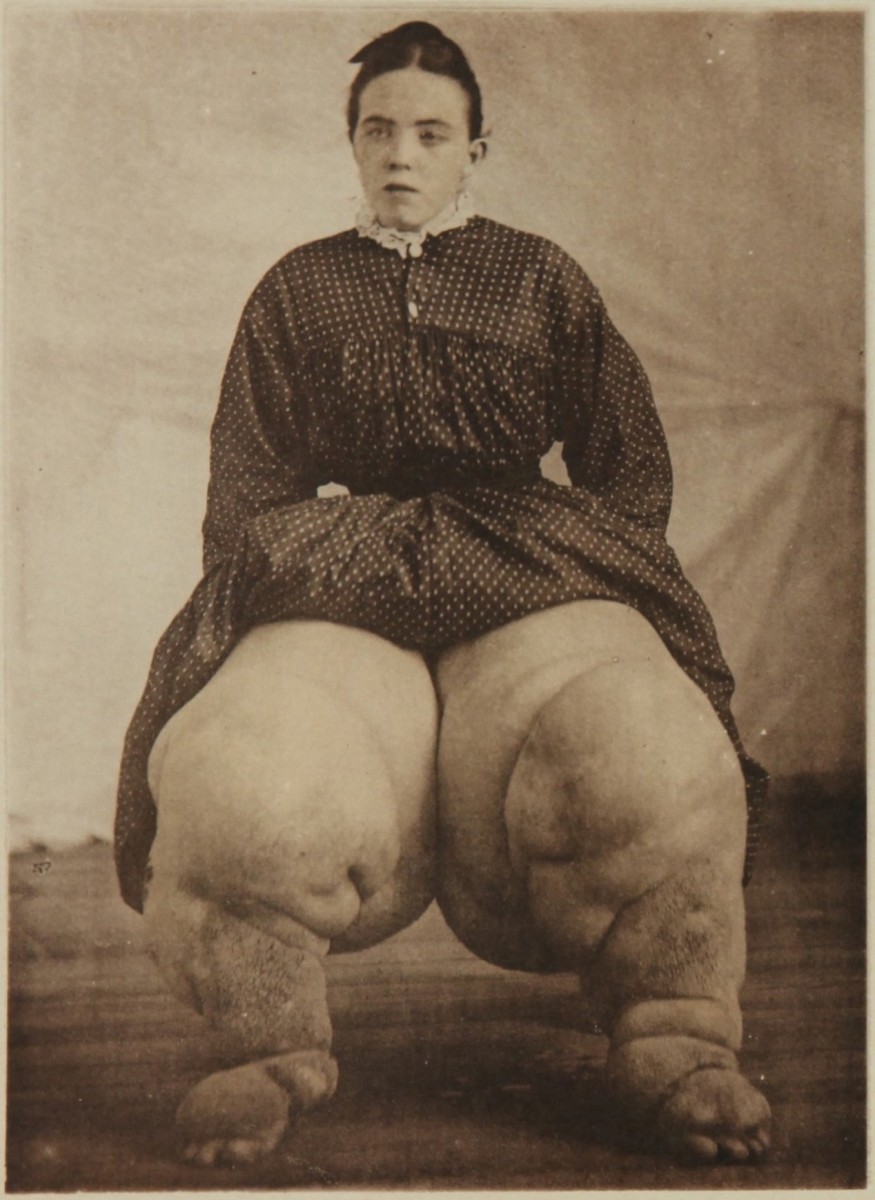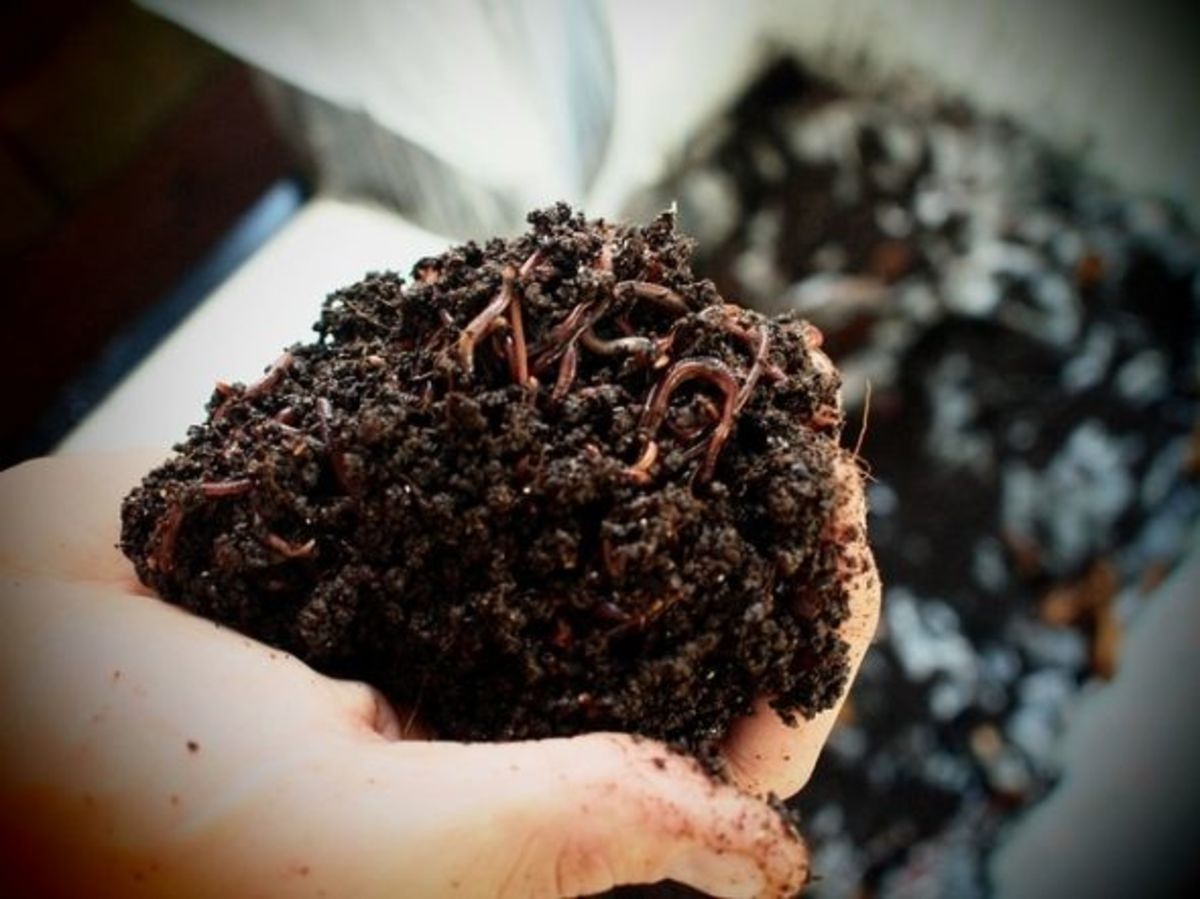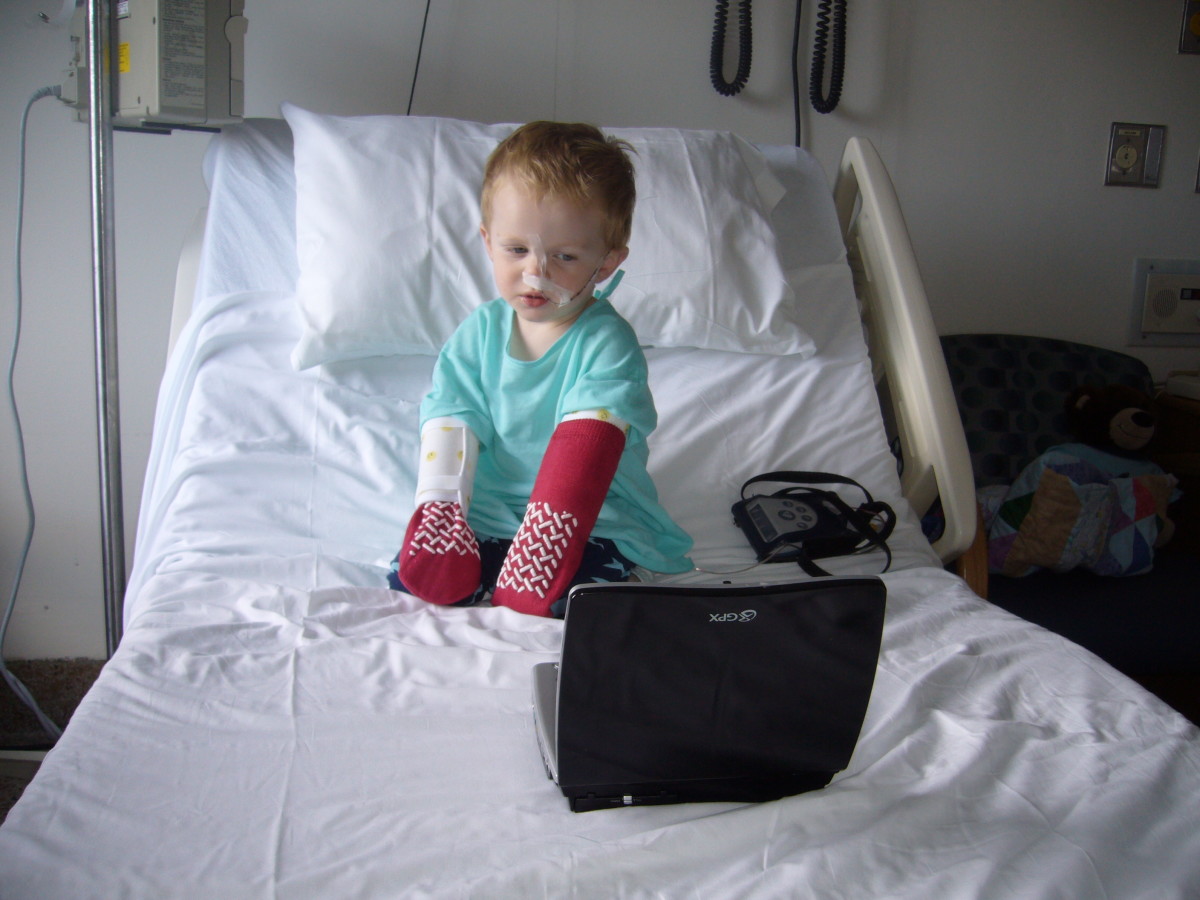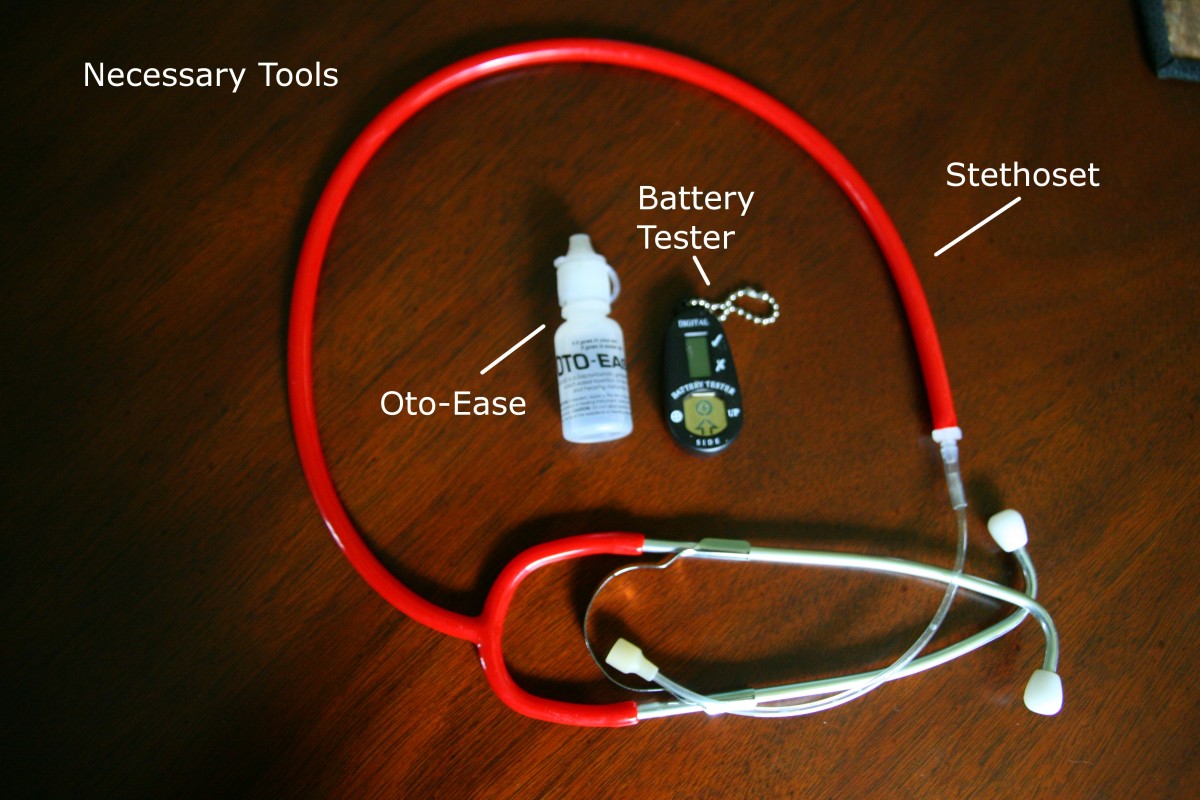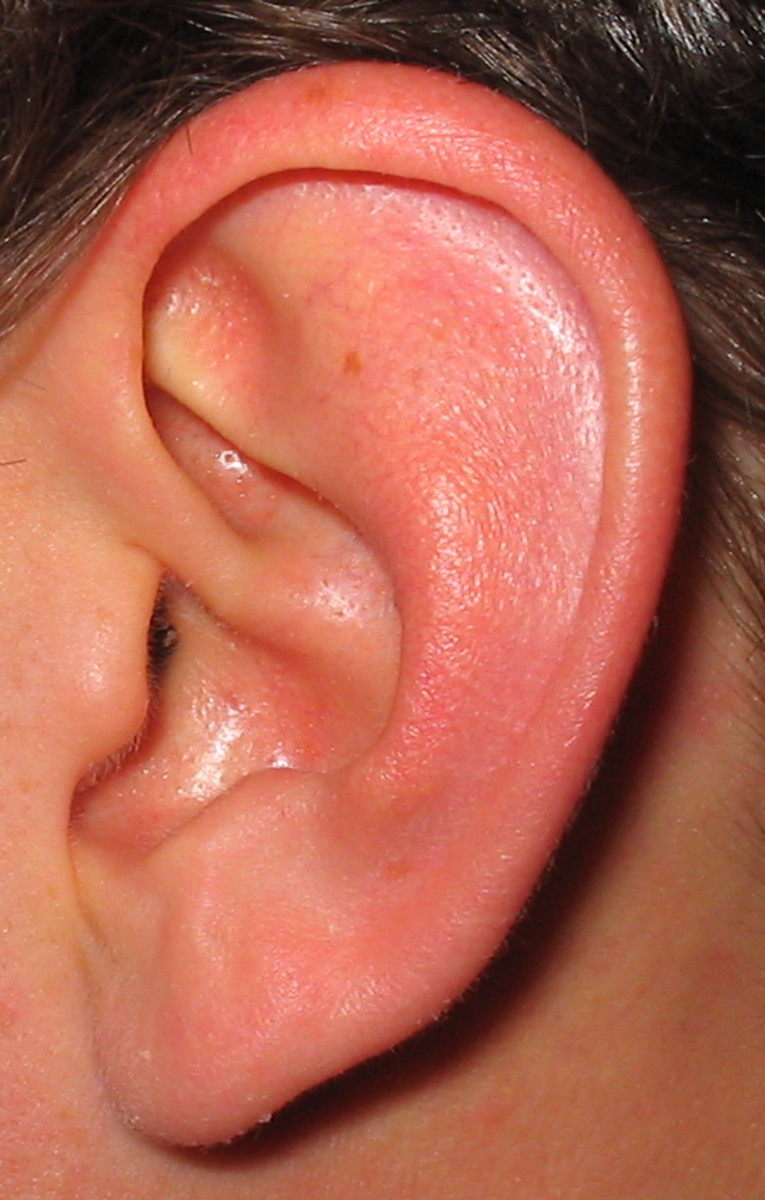Stomach worms in children
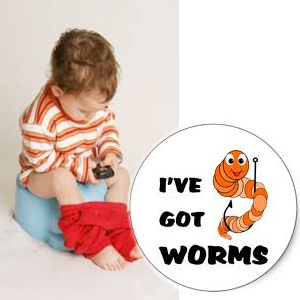
The most common form of worms found in children are better known as - roundworms, pinworms, threadworms, hookworms and tapeworms. They are also referred to as “intestinal worms”, the causes of intestinal worms vary based on the type of worm the child has.
Roundworms could enter the child’s body when he or she eats contaminated food. The Stomach Warm known as pinworms and threadworms are spread through dirty toys, hands and fingers or any other object the child may be in contact with that has been contaminated.
Hookworms on the other hand, may enter the body through the bare feet of a child after walking on infected ground and tapeworms are consumed through uncooked meats or other flesh foods.
What are Stomach Worms?
Better known as Intestinal parasites, are parasites that populate the gastro-intestinal tract in humans and other animals. Once they enter a host they can live throughout the human or animal body, but most worms prefer the intestinal wall.
As mentioned above the main means of contamination include ingesting of undercooked meat, drinking infected water, and skin absorption. The worm is called a parasite since it is an organism which feeds off another organism, called a host.
Remedies to Eradicate Stomach Worms
If you find that you child is suffering from stomach worms and would like to try a Native Remedy for the treatment of Worms then you may wish to try the product listed on the right. This is tried and tested.
Note: before commencing any medication for your child or yourself always seek medical advice.
Pictures of Stomach Worm
As this is not a pleasing site looking at images of stomach worms, I have only put together a small collection of images showing what they may look like.
You can if you wish watch the videos listed below to see the parasites in action.
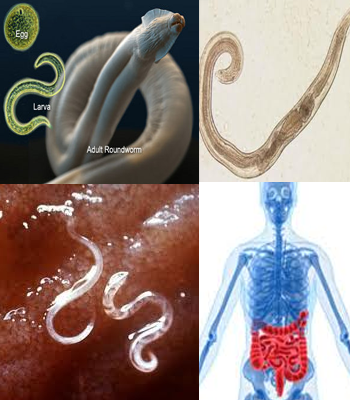
Signs of stomach Worm
Children or adults who are infected with Stomach worms quite often do not realise that they have them, but signs of worm infection can include:
(1) intense itching around anus (or the vagina in girls), particularly at night, when the female worms are active laying eggs resulting disturbed sleep due to itching, which can make the host irritable.
If you have a severe infection, or persistent infections, worms can cause loss of appetite, weight loss, and secondary skin infection if bacteria enter the scratches that are caused by itching. In some cases the host may suffer insomnia - difficulty getting to sleep, or staying asleep.
Threadworms do not always cause symptoms in people who are infected if you are treating a child for stomach worm you must also treat members of your household, even if only one person notices symptoms.
If you suspect that you or your child may be infected with worms, speak to your pharmacist about treatment.
WARNING: These videos are spine-chilling and caution is advised. Do not watch if you have a weak heart.
Parasites Eating Us Alive
What do you know about your child health?
The above video discusses the nature of parasitic life form which humans could be victim to.
The video has very detailed illustrations of certain medical condition of people suffering with parasitic infections.
If you do not like looking at medical conditions or get put off by looking at creepy crawlies then please do not watch this video.
Closer look at stomach worms
Stomach worms treatment
A worm infection sounds unpleasant, but worms are easily treated with anti-parasitic drugs which your doctor or pharmacist can prescribe. Hygiene here is vital. Worm infection is much more widespread in places where there’s poor sanitation.
Once your Doctor diagnoses the type of worm your child has, he or she will prescribe medication or suggest an over-the-counter treatment. The most common medications are in pill or syrup form with one tablet taken immediately and additional doses taken over a period of two weeks. If you get the syrup form it can be just one dose taken initially with prevention of re-infection through good hygiene method.
The most suitable way to prevent re-infection with worms is to keep your child's environment clean and hygienic. Make sure that hands are cleaned and washed after bathroom visits and prior to meals, always trim your child's nails, discourage your child from nail-biting and scratching of the anal area, change bedding and underwear regularly, and encourage daily baths.






